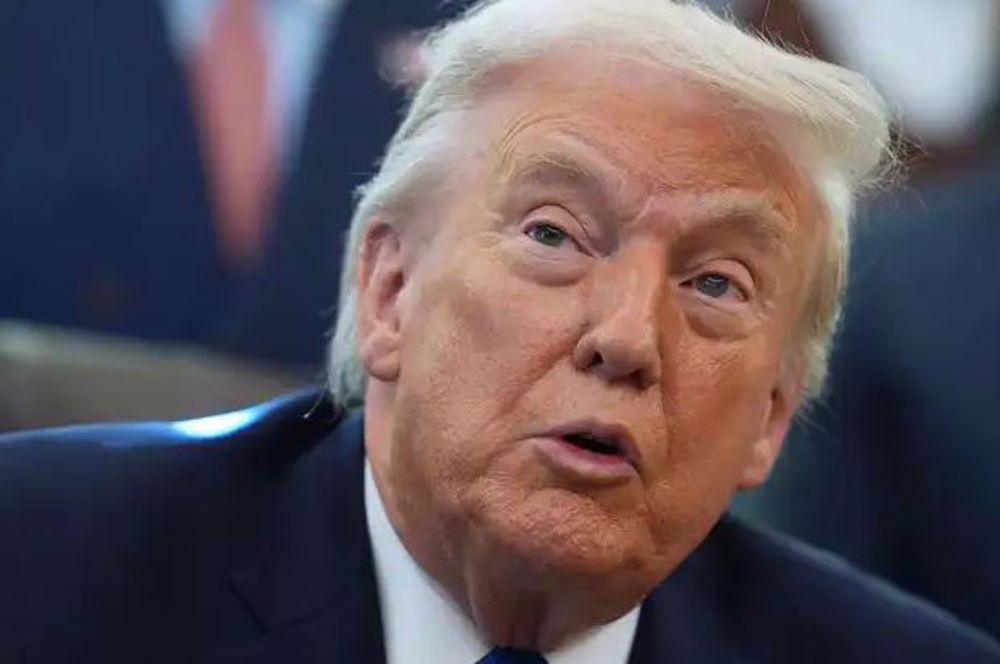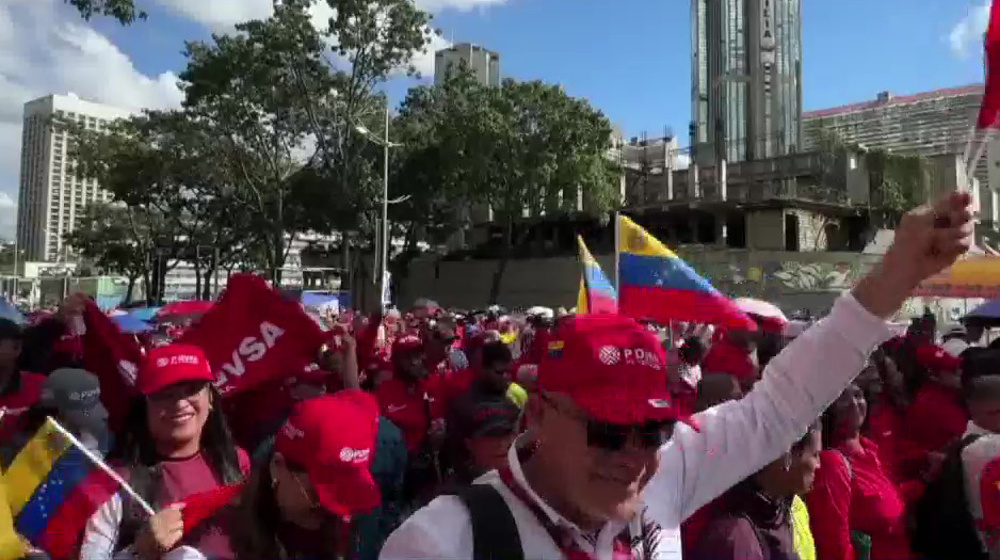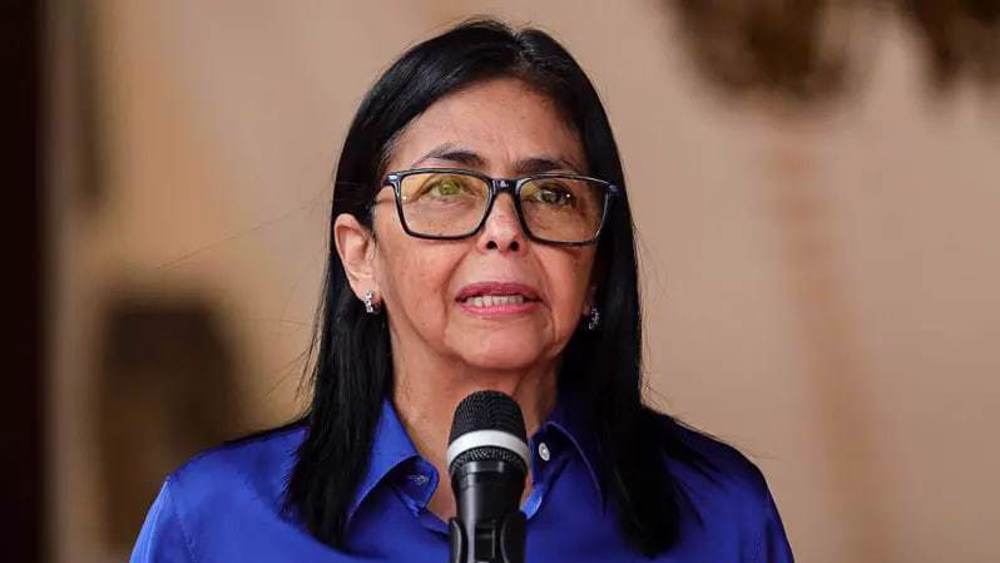Venezuelans keep protesting as Maduro announces 30-day electricity rationing plan
People protest for the lack of water and electric service during a new power outage in Venezuela, at Fuerzas Armadas Avenue in Caracas, as living conditions are plummeting in the oil-producing Latin American nation, which is spiraling ever deeper into economic chaos during a protracted political crisis.
Venezuela's President Nicolas Maduro announced 30 days of electricity rationing on Sunday, after his government said it was reducing the length of the workday and keeping schools closed due to devastating blackouts plaguing the country.
The measures are a stark admission by the government -- which has sought to blame repeated blackouts in March on sabotage -- that there is not enough electricity to go around, and that the power crisis is here to stay.
Speaking on state television, Maduro said he had approved "a 30-day plan" to ration power, "with an emphasis on guaranteeing water service."
Crippled infrastructure, little investment in the power grid and poor maintenance have all contributed to electricity problem.
Add to that the country's deep economic crisis, eye-popping inflation rate and the "brain drain" of qualified personnel -- some 25,000 people in the electricity sector have left the country, part of the 2.7 million Venezuelans who have emigrated since 2015 -- and you have the makings of a crisis with no end in sight.
Earlier on Sunday, authorities announced other measures as a result of the electricity shortage.
"To achieve consistency in the provision of electricity, the Bolivarian government decided to maintain the suspension of school activities and establish a workday until 2:00 pm in public and private institutions," Communications Minister Jorge Rodriguez said on state television.
With no electricity, pumping stations cannot work so water service is limited. Street lights and traffic lights go dark, pumps at fuel stations stand idle, and cell phone and internet service is non-existent.
"This is going to continue, the situation is very serious, there will be more blackouts and rationing," said Winton Cabas, president of the Venezuelan association of Electrical and Mechanical Engineering.
"The whole power grid is barely generating between 5,500 and 6,000 megawatts, when it has the capacity to generate 34,000 megawatts," he told AFP.
‘Textbook definition of terrorism’: Tehran denounces Pelosi’s call on US to exact ‘pain’ on Iranians
VIDEO | 39th AU summit opens in Addis Ababa with focus on water security, peace, and development
VIDEO | Iran: The stronghold Washington lost
Anti-Iran ‘Munich circus’ shows Europe has lost geopolitical weight: Araghchi
Swiss to act as venue of next round of Iran-US talks: Report
Report: Over 50,000 soldiers fighting in Israeli military hold foreign citizenship
Danish PM warns US attack on Greenland would spell end of NATO
Power running out at key Gaza hospital, ICU patients at risk: Report









 This makes it easy to access the Press TV website
This makes it easy to access the Press TV website